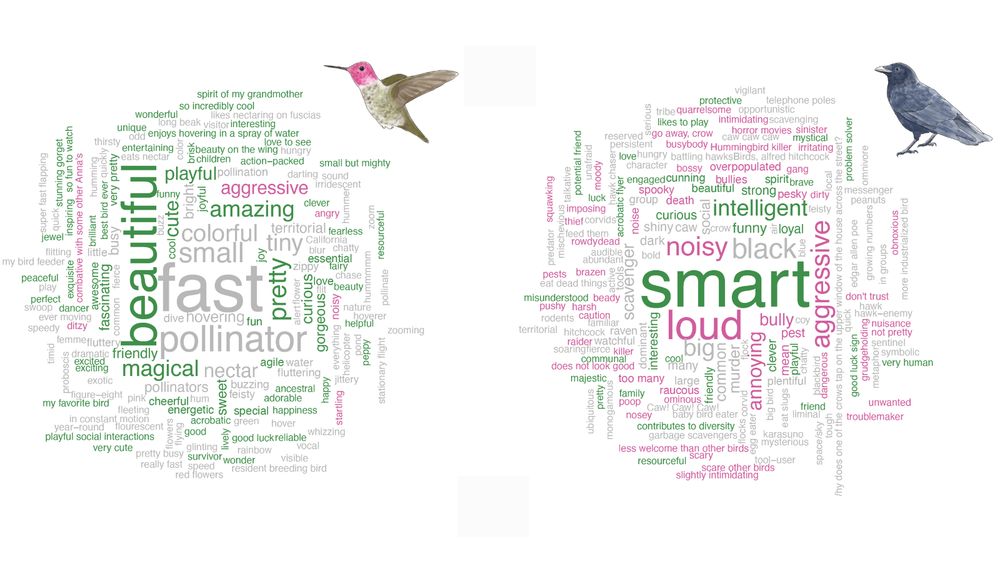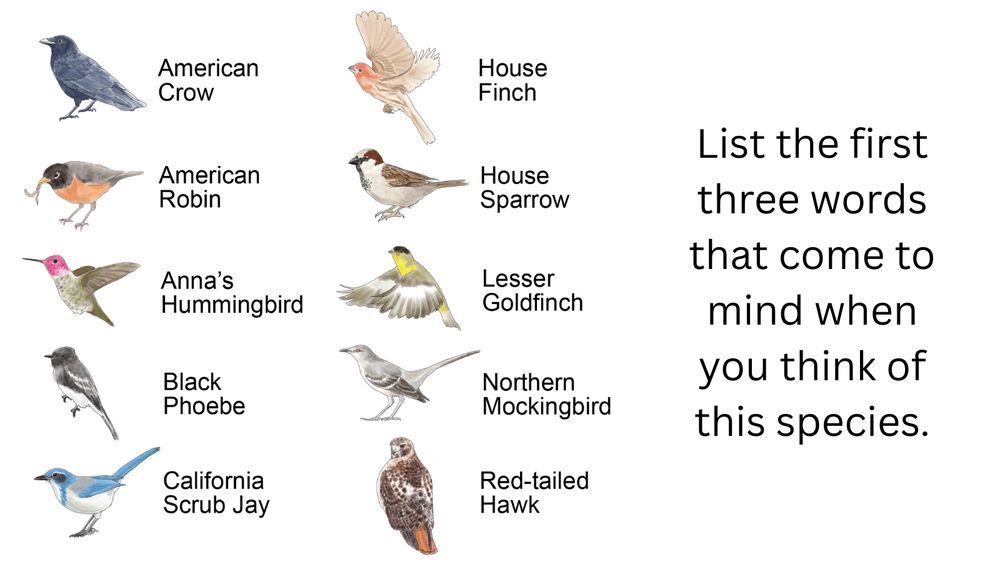
Interdisciplinary conservation scientist studying human/wildlife relationships, birds, urban ecosystems, access to nature.
theoryandpractice.citizenscienceassociation.org/articles/10....

theoryandpractice.citizenscienceassociation.org/articles/10....
Here's what we found
Here's what we found












